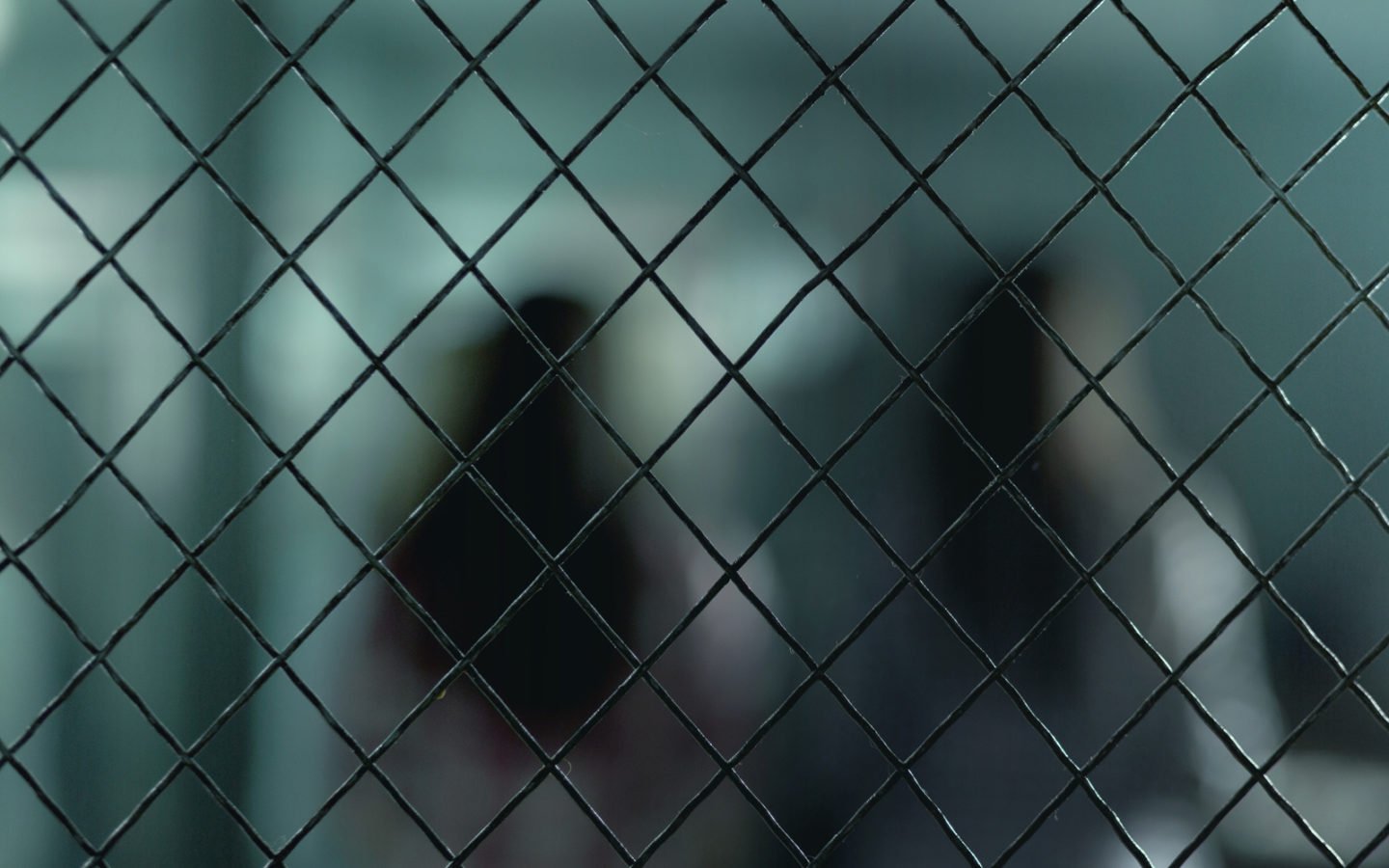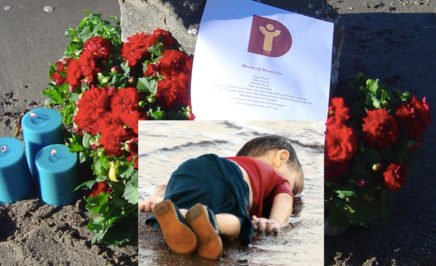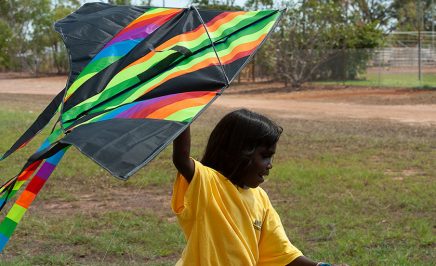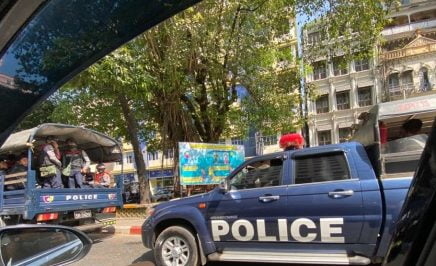On 13 April, after an international outcry, five women activists criminally detained in China were released on bail.
What happened?
At 4 m on 6 March 2015, activists Wei Tingting and Wang Man were detained and taken to Haidian Police Station in Beijing. Within 24 hours they were joined by Li Tingting (aka Li Maizi), Zheng Churan (aka Da Tu) and Wu Rongrong.
The five women – all members of China’s Women’s RIghts Action Group – were detained on suspicion of planning events for International Women’s Day; to distribute stickers and stage public events on to raise awareness about sexual harassment on public transport.
Detained for “picking quarrels and provoking troubles”, a charge often used in China to suppress human rights defenders, the women faced a sentence of up to five years in prison. Later, police recommended that prosecutors change the charge to “gathering a crowd to disrupt order in a public place”, a potentially lesser offence.
During their time in prison, Wang Man suffered a heart attack – which her lawyer believes was a result of stress from continuous interrogation – and Wu Rongrong has chronic liver problems, which worsened in detention. She was not provided with the medication she needed despite requests from her lawyer. Both had to be hospitalised due the severity of their conditions.
Treatment of activists in China
The Chinese authorities continue to severely restrict the right to freedom of expression and association. Police frequently use vague charges to arbitrarily detain activists for up to 37 days and activists are regularly harassed, detained, imprisoned, and tortured for their human rights work.
Cao Shunli died from organ failure in a hospital in March after being denied adequate medical care in detention for an existing condition. She had been detained at a Beijing airport in September 2013 when on her way to a human rights training in Switzerland.
Highly respected veteran journalist, Gao Yu, was found guilty of the bogus charge of “disclosing state secrets” and sentenced to seven years last week. Twenty years ago she was sentenced to six years imprisonment for the same alleged crime.
Activists across China, including women’s rights campaigners, continue to be systematically monitored, harassed and suppressed by the authorities.
What did Amnesty do?
Amnesty issued an Urgent Action (UA) for the five women to our supporters around the world. On the heels of that UA we gained worldwide coverage for the case by contacting media outlets, setting up a Tumblr page and promoting the hashtag #FreeTheFive on social media. Almost 27,000 Australians sent emails to the Chinese authorities, calling for the Chinese authorities to disclose their whereabouts and release them immediately.
In addition to our online activism for the women, Amnesty supporters around the world organised actions outside embassies, consulates and UN mission offices.
What’s next?
Under Chinese law, defendants released on “bail pending trial” can see the charges against them dropped if they do not commit further violations of the law, but often remain under close police surveillance.
While the decision to release all five women is an encouraging breakthrough, China must drop all charges against each of the five women.
All activists should be free to advance human rights without fear of intimidation or the threat of detention.





